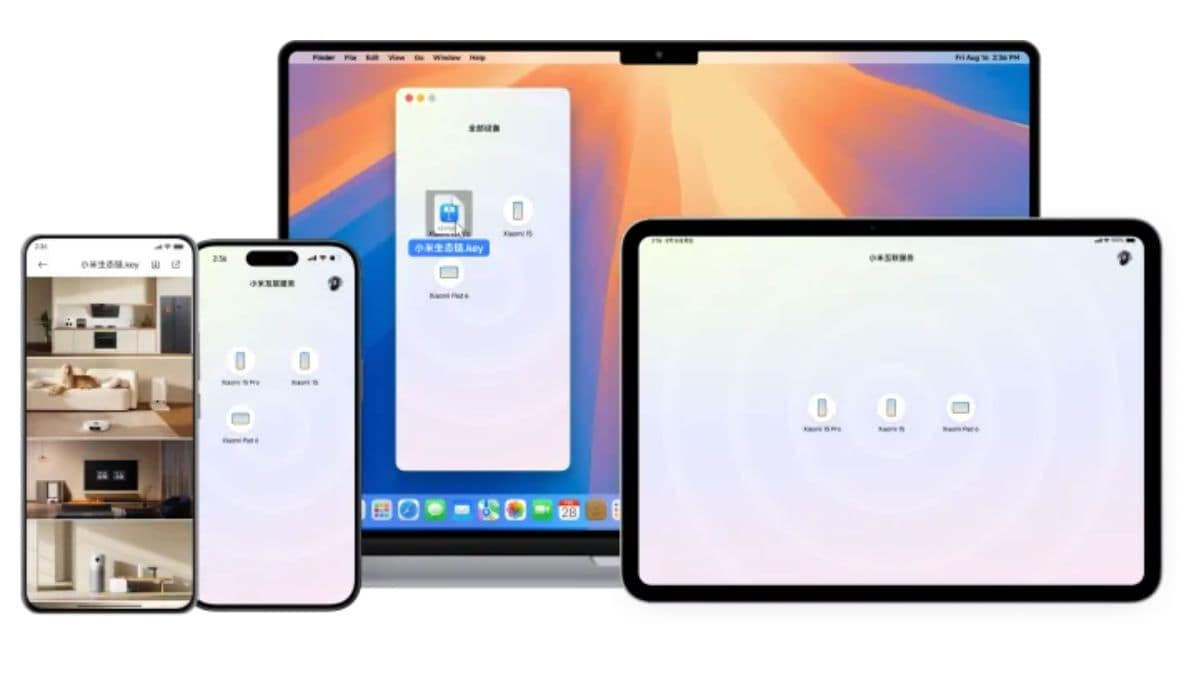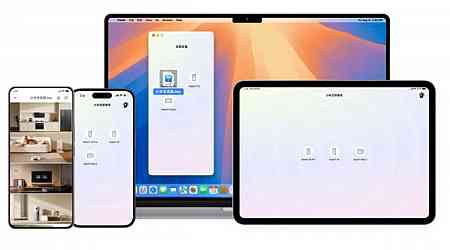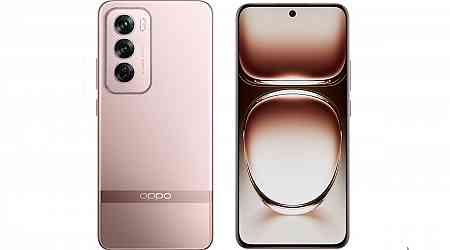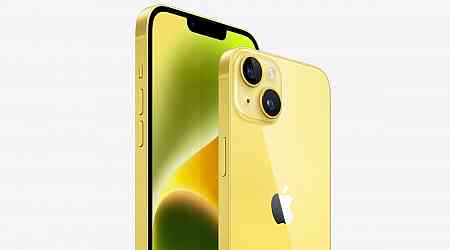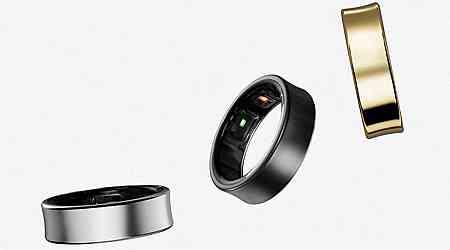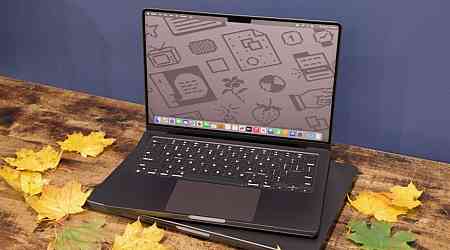Xiaomi announced the the latest operating system (OS) for its devices dubbed HyperOS 2.0 last month. The update introduces a vast range of new features including expansive home and lock screen customisation options, visual changes, performance enhancements and artificial intelligence (AI) capabilities. A company official has now previewed another new feature which improves compatibility of Xiaomi smartphones with Apple devices such as the iPhone, enabling the user to share files easily across ecosystems.
HyperConnect Feature on Xiaomi HyperOS 2.0
In a post on X (formerly Twitter), Lei Jun, CEO of Xiaomi showed off the interconnectivity services of HyperOS 2.0 with the HyperConnect feature. In a short video, the official carried out a file transfer from the Xiaomi 15 Pro to iPhone, iPad and Mac via a single-click solution. Once the file is select, Apple devices in the vicinity automatically appear in the share menu and file transfer takes mere seconds.
Our goal is to be the best compatible with Apple ecosystem. The future of tech should be connected and collaborative. pic.twitter.com/w1njQR3RBx
— Lei Jun (@leijun) November 11, 2024
The Xiaomi CEO revealed that users can not only share files, photos and other content with Apple devices, but also access proprietary file formats like Apple Keynote on the Xiaomi 15 series without needing to convert them beforehand. Furthermore, the screen of the Xiaomi 15 Pro was also mirrored on the MacBook to show off its capabilities. It requires both devices to be on the same Wi-Fi network. However, it is unclear if both of these features require initial setup.
Notably, the availability of Xiaomi's HyperOS 2.0 update is currently limited to China and there is no official information about its global debut.
Lei Jun emphasised on the company's goal of becoming the ecosystem best compatible with Apple devices and highlighted the “connected and collaborative” future of technology. The inspiration for this feature came from the Xiaomi SU7 electric vehicle (EV) — a project that the Chinese smartphone maker undertook after Apple abandoned its smart car project earlier this year. It aimed to develop an EV that is best compatible with Apple products, the CEO added.


















